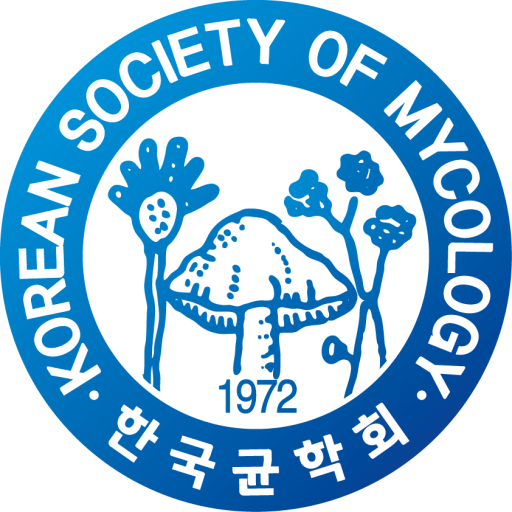Chitinases from Trichoderma species are potent antifungal enzymes with high biocontrol potential but their application is often hindered by low heterologous yields and costly purification. In this study, we engineered a GRAS (Generally Recognized As Safe) yeast strain, Saccharomyces cerevisiae Y2805, to secrete Trichoderma atroviride chitinase Tch36 by fusing it with a rice α-amylase signal peptide under a constitutive GPD promoter. Culture filtrates containing secreted chitinase showed significant inhibitory activity against the mycelial growth of 12 fungal species, including 9 phytopathogens and 3 opportunistic animal pathogenic Aspergillus species, compared with mock control. Notably, 4 phytopathogens (Fusarium graminearum, Rhizoctonia solani, Botrytis cinerea, and Colletotrichum acutatum) exhibited growth inhibition rates exceeding 50% in plate assays, with the mature signal peptide-truncated construct generally showing higher activity. Quantitative analysis confirmed significant reductions in colony-forming units and mycelial dry weight. Furthermore, the recombinant culture filtrate promoted protoplast formation in Aspergillus nidulans, providing direct functional evidence of cell wall degradation. Yeast-secreted Tch36 showed antifungal activity against a diverse set of phytopathogenic and animal pathogenic fungi without enzymatic purification, suggesting its potential as a biocontrol agent. Leveraging GRAS S. cerevisiae, this scalable heterologous secretion platform may be useful in biocontrol strategies in agriculture and veterinary mycology, with potential applications in food safety and environmental management.

 English
English